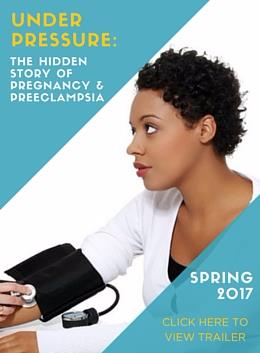
OCT 3, 2017
You might have heard that it’s possible to bleed after having sex. It might sound kind of freaky, but it can actually be pretty normal. Seventeen.com talked to Dr. Kecia Gaither, a double board-certified gynecologist, MD, MPH, FACOG, about why bleeding sometimes occurs after sex, when it’s NBD, and when you should consider seeing a doctor.
Sometimes, it’s normal to bleed after sex.
If you just had penetrative sex for the first time, you might have stretched or torn your hymen, which is the thin band of tissue at the opening of your vagina. If this is the case for you, you’re probably spotting (bleeding lightly). The blood will be bright red, even if your period blood is typically darker than that.
It’s also possible to bleed from tiny lacerations (cuts) in or around your vagina, even if you’ve had sex before, or if you’ve been fingered or were using a sex toy. It’s possible that your skin could have been irritated or nicked.
Vaginal lubrication also plays an important factor. The more turned on you are, the wetter you are — and that means you’re less likely to experience pain or bleeding. Plus, if you’re still going through puberty, you’re more prone to bleeding after sex. The more sexually mature you are, the more estrogen you have in your body. Estrogen is the hormone that provides lubrication (wetness) to the vaginal area.
According to Dr. Gaither, light bleeding for these reasons should stop within an hour or two. In the meantime, you can soothe any discomfort with Motrin, Aleve, or a hot bath.
If there’s a lot of blood, see a doctor.
If you’re bleeding heavily, see a doctor ASAP. You might have a more serious cut that requires medical treatment.
There are other reasons you might bleed from your vagina.
You know about periods, of course, but bleeding can also be a sign of a sexually transmitted disease, a reaction to any kind of hormonal birth control (such as the implant, the shot, or a hormonal IUD), or a variety of medical conditions (including vaginitis, uterine fibroids or polyps, or an easily-treatable yeast infection).
So if you’re experiencing unusual spotting or bleeding and you suspect it’s not related to your period, see a doctor.






